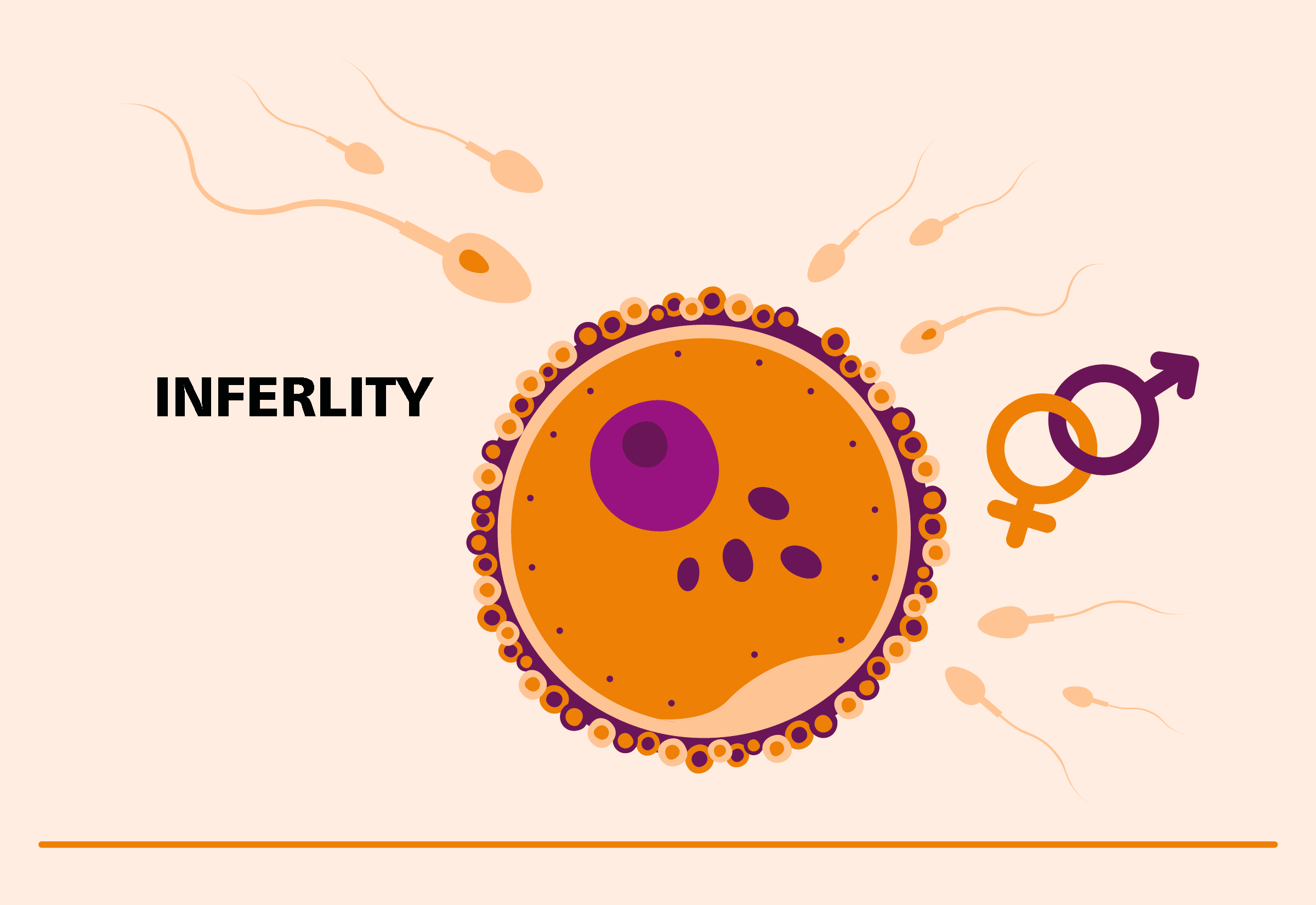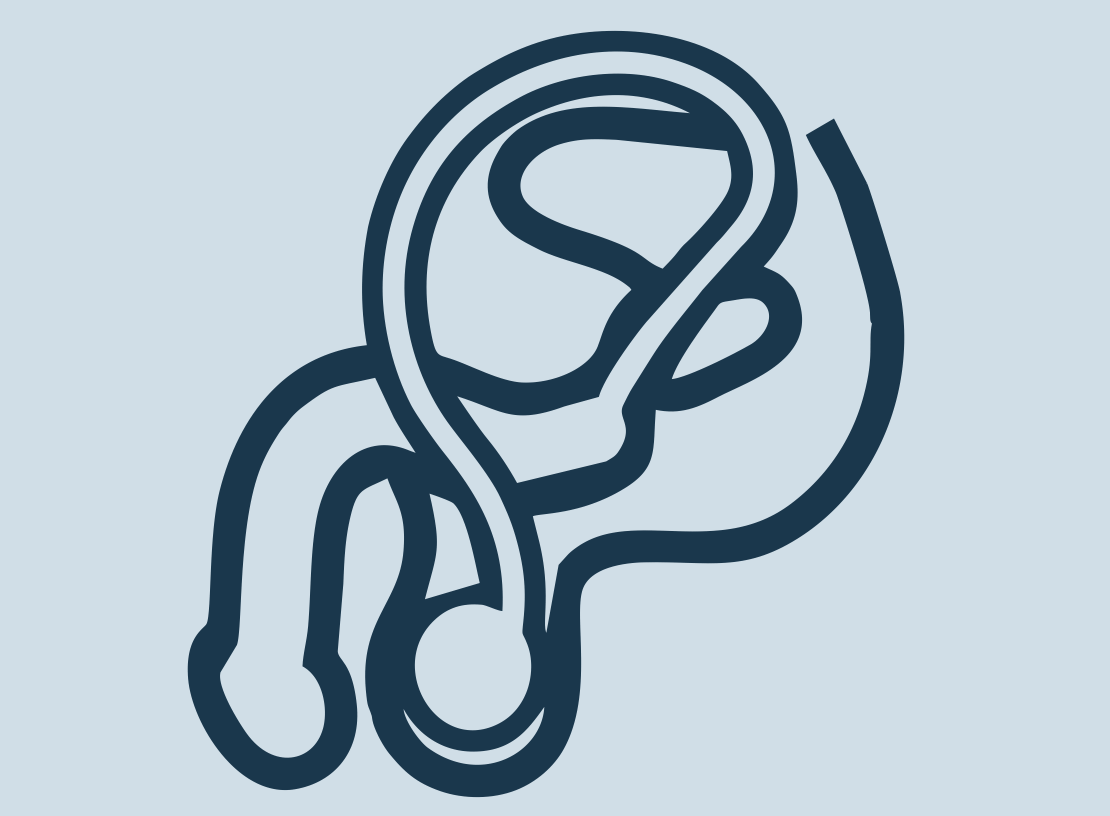Loading...
Andrology is the branch of medicine that studies the man and can be considered the male counterpart to gynecology.Andrology is a medical specialty which deals with the Reproductive system and Sexual health problems only in men.
Andrological treatments concern the medical specialty dealing with male health, especially the male reproductive system and men-related urological problems.
Andrologists are primarily Urologists who are further specialized in andrology.
An andrologist will specifically treat several conditions related to male sexual health such as male infertility, penis related problem, genitourinary disorders, and overall reproductive health.
Ideally, it is recommended to book an appointment with an andrologist, if males are suffering problems as mentioned above and once, they cross the age of 40.
Few conditions treated by an andrologist includes:
Male Hypogonadism – conditions associated with decreased testicular function and/or impaired sperm production associated with some congenital or acquired disorders (side effects of some drugs etc).
Late-onset Hypogonadism – is a clinical condition in ageing men which comprises of specific symptoms (like low sexual desire, erectile dysfunction, decreased physical activity, low mood, decreased motivation and easy fatiguability etc) associated with decreased testosterone levels, usually occurring after 40 years of age.
Erectile Dysfunction - Men’s inability to get and maintain penile erection sufficient for sexual intercourse.
Premature ejaculation - When men ejaculate sooner during sexual intercourse.In cases where the obstruction cannot be reversed, direct surgical sperm retrieval (SSR) from the normal but blocked testes carries a 100% success rate in finding sperm for use with assisted conception. The choice to reconstruct or obtain sperm surgically depends on a number of factors.
Other ejaculatory disorders:
Delayed ejaculation - Men need extended period to achieve orgasm and emission of semen
Anejaculation and anorgasmia - Unable to ejaculate and/or failure of achieving climax/orgasm.
Retrograde ejaculation -Failure of emission of semen outside
Painful Ejaculation
Haemospermia - Blood in semen
Low sexual desire
Congenital Penile Curvature - Penile curvature since birth
Peyronie’s disease - Scarring in penis leads to bending of penis associated with or without painful erection/erectile dysfunction and caused by repeated penile injury during sexual intercourse
Priapism - Prolonged erection of penis, usually without sexual arousal or due to side effects of some medications.
Male infertility - inability of men to achieve pregnancy with female partner
Cryptorchidism (Undescended Testis) - Testis which has not descended into scrotum before birth
Varicocele - enlargement of veins within scrotum
Hydrocele - Collection of fluid around the testis
Balanoposthitis - Condition with affects penile foreskin and/or glans penis leading to redness/pain/discharge and /or superficial ulcers/cuts over skin
Phimosis - inability to retract foreskin of penis over glans (head of penis)
Testicular Torsion - Twisting of spermatic cord causing stopping of blood flow to testis and sudden pain. It’s an emergency condition and to be treated as soon as possible to save the testis
Few procedures like :
Vasostomy/Vaso-Epididymostomy - Procedures to treat obstructions in Vas and Epididymis (channels/tubes carrying sperm to outside) leading to infertility
Circumcision - to remove penile foreskin covering glans (head of penis) in case of Phimosis/recurrent balanoposthitis
Vasectomy - for male sterility
Sperm retrieval procedures - from testis and epididymis like TESA, TESE, MESA and PESA
Sperm Banking/Preservation
Surgical procedures
Hydrocelectomy - to treat Hydrocele
Microsurgical/Laparoscopic Varicocelectomy - to treat Varicocele
Penile curvature Corrective procedures
Shunting procedures - to treat Priapism
Laparoscopic/Open Orchidopexy/Orchidectomy - Fixing testis to scrotum/removal of testis to treat Undescended testis (Cryptorchidism)/during testicular torsion
Infertility caused by a problem in the male, for example, inability to ejaculate or insufficient number of sperm.
Infertility is not just a disease that affects women—men suffer as well. In fact, new studies show that in approximately 40 percent of infertility couples, the male partner is either the sole cause or a contributing cause of infertility. It affects approximately 7% of all men.
Facts about male infertility
1 in 7 couples in India are unable to have a child.
In 40% of these couples, the problem lies wholly or partly with the male partner.
In many cases, the underlying cause cannot be reversed, in which case assisted conception may offer the best chance of pregnancy; this may involve surgical sperm retrieval in advanced bases of infertility.

Male infertility is either due to a problem making good quality sperm, or a problem with delivery of the sperm to the outside world.
In 75% of infertile men, the cause remains unexplained (this is termed “idiopathic infertility”). It may, however, still be possible for couples to conceive naturally, provided some sperms are present.
Typical causes of delivery problems can range from issues with erections or ejaculation, to physical blockages, which can occur at any step from where the sperm is made in the testicle, to its point of delivery at the tip of the penis. Some blockages can be more easily overcome, such as a previous vasectomy. Others, such as multi-level obstruction due to infections, or being born without a vas tube cannot.
Issues that can cause problems with how sperm are made include:
✓ prescribed drugs such as chemotherapy
✓ recreational drugs (cannabis, cocaine)
✓ smoking or excessive alcohol intake
✓ hormonal imbalances (thyroid/ prolactin)
✓ previous testicular infection, injury or surgery
✓ raised scrotal temperatures including varicoceles or recent febrile illness
✓ genetic problems
The damage associated with some of these situations may be reversed to allow a return to normal fertility. Genetic problems cannot be reversed, but may be overcome using direct surgical sperm retrieval from the testicle.
✓ General measures- If you have poor sperm counts, you should wear loose-fitting trousers and boxer shorts. You should stop smoking, reduce your alcohol intake, avoid recreation drugs and any gym supplements. You should endeavour to adopt a “healthy” lifestyle with a balanced diet. Fertility vitamin supplements may also have some benefits.
✓ Management of obstruction- Surgical bypass may be possible depending on where the level of the obstruction lies, blockages to the ejaculatory duct in the prostate may be overcome with resection of any obstructing cyst, blockages of the vas (sperm duct) – most commonly seen post vasectomy & can be overcome with vasectomy reversal.
✓ Blockages to the epididymis may be overcome using microsurgical epididymo- vasostomy.
✓ In cases where the obstruction cannot be reversed, direct surgical sperm retrieval (SSR) from the normal but blocked testes carries a 100% success rate in finding sperm for use with assisted conception. The choice to reconstruct or obtain sperm surgically depends on a number of factors, including;
✓ the female partner’s age,
✓ how many children are planned,
✓ the time interval since vasectomy (for vasectomy reversal only)
✓ Assisted conception techniques
In this type of in vitro fertilisation (pictured) a single sperm is injected directly into an egg to fertilise it. It is useful if you have a very low sperm count or in cases of surgically retrieved sperms. As with any IVF technique it carries risks for the female partner due to the drug stimulation required in the egg retrieval process. It has a pregnancy rate of approximately 30-40% per cycle.
CAH is a rare cause of male infertility. It involves flaws from birth in certain enzymes. This causes abnormal hormone production. CAH is most often diagnosed by looking for too much steroid in the blood and urine. CAH can be treated with hormone replacement.

Hyperprolactinemia is when the pituitary gland makes too much of the hormone prolactin. It’s a factor in infertility and erectile dysfunction. Treatment depends on what’s causing the increase. If medications are the cause, your health care provider may stop them. Drugs may be given to bring prolactin levels to normal. If a growth in the pituitary gland is found, you may be referred to a neurosurgeon.
Ejaculatory duct blockage can be treated surgically. A cystoscope is passed into the urethra (the tube inside the penis) and a small incision is made in the ejaculatory duct. This gets sperm into the semen in about 65 out of 100 men. But there can be problems. Blockages could come back. Incontinence and retrograde ejaculation from bladder damage are other possible but rare problems. Also, only 1 in 4 couples get pregnant naturally after this treatment.
PESA, can be done many times at low cost. There is no surgical cut. More urologists can do it because it doesn’t call for a high-powered microscope. PESA is done under local or general anesthesia. The urologist sticks a needle attached to a syringe into the epididymis. Then he or she gently withdraws fluid. Sperm may not always be gotten this way. You may still need open surgery.
What options are available if no sperms can be found?
– Donor insemination (DI)
Donor semen is carefully screened for infections and a donor selected to have similar attributes to you. This is the only viable option if you have no sperms at all and you do not have obstruction which can be relieved surgically.
– Adoption
If no success is gained with other treatments, you may wish to consider adopting a child. Your GP and local / national adoption agencies can help with this process.
Dr Rahul is specialised in PESA, MESA, Micro TESE, Testicular Biopsy, Penile Prosthesis/Implant, Priapism Surgeries, Bilateral Vasectomy, Microsurgical Varicocelectomy, Microsurgical Vasovasostomy /Vaso-epididymostomy and Vasectomy.